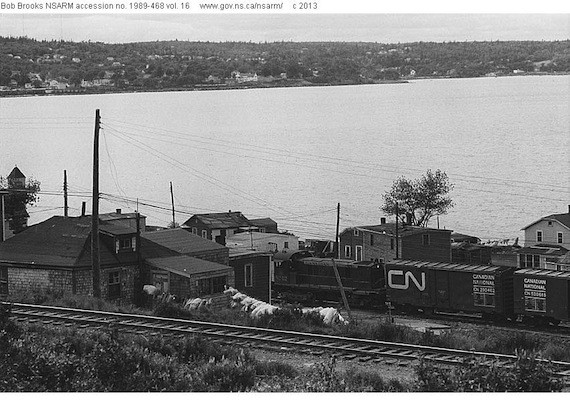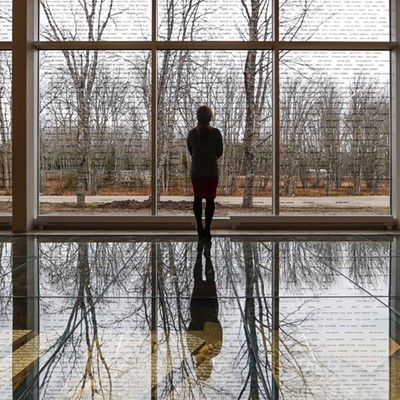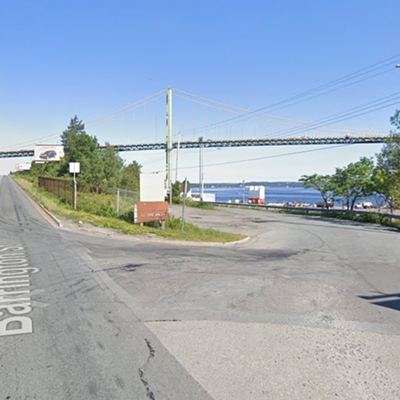
In 2010, a settlement was made between HRM and the Africville Genealogy Society. The deal included the city-financed rebuilding of the Seaview African United Baptist Church, as well as an official apology for the eviction made by then-mayor Peter Kelly on behalf of HRM.
But Carvery and the Justice for Africville Society reject the 2010 settlement.
Carvery, a 71-year-old truck driver, was born and raised in Africville, the African-Nova Scotion community which sat on the southern shore of the Bedford Basin. His family has played an important role in Africville history.
The Carvery home sat on eight acres “around the turn”---at the western edge of Africville, past a turn in Barrington Street, near where the container terminal now sits. Carvery remembers Africville fondly, as a thriving tight-knit community where fishing was an important part of daily life. On their land, the Carverys farmed, owning “cows and horse, picks and chickens.”
Carvery left Africville to find work in Toronto in 1961, when he was 18 years old. Through the course of the 1960s, Africville was bulldozed for “urban renewal” purposes. Carvery’s father, Aaron “Pa” Carvery, was the last person to be forced out of his home in Africville, in 1970.
According to Nelson Carvery, his father accepted $14,000 for his house. The eight acres of the elder Carvery’s land were expropriated in five separate increments. The parcels were differently valued. The city decided one was worth a single dollar, while the priciest was valued at $30,000.
For comparison sake, just across the street from the Carverys’ former eight-acre homestead is a 10-acre lot, with equally spectacular views of Bedford Basin, currently assessed at $4.2 million.
Because Aaron Carvery’s land had been expropriated, when Nelson Carvery returned to Halifax in the early 1970s, he found himself living on Prescott Street, where his father had been moved.
Nelson Carvery’s cousins, the brothers Irvine and Eddie Carvery, have also been involved in the fight to reclaim Africville. Irvine leads the Africville Genealogy Society, which accepted the 2010 settlement with the city. Nelson says Irvine represents just “eight or nine” of the former Africville residents, while the remainder are with his Justice for Africville Society.
For his part, Eddie has for many years squatted permanently in a trailer on the former Africville land, now Seaview Park. Nelson now squats with Eddie part-time, in an act to reclaim the land and raise awareness. Though city officials used to occasionally send police to harass, evict and fine Eddie, Nelson says officials now leave the pair alone.
Nelson Carvery says he has taken the position as spokesperson for Justice for Africville Society because no one else will.
“A lot of people see the wrong but people don’t know how to correct,” he says.
The 38 plaintiffs specifically want land to be given back, monetary compensation and rights to the water. The group is in talks with a legal firm.
Carvery is asking the public to financially support JAS's legal action against the city. Donations can be made at any branch of the Royal Bank of Canada, directly into the Justice for Africville Society, Branch 02533, Account number 003 100 3888. For more information, email [email protected]
“The lawyers say it’s going to be a lot of money,” says Carvery.













